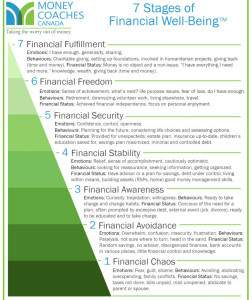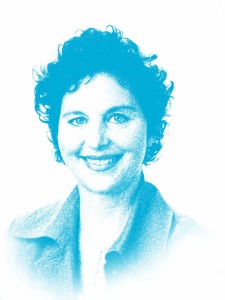By Janet Gray, BA, BAdmin, CFP™, CHS, EPC, CPCA
 I am often asked, “Do I have enough to retire?” It’s an earnest question, asked by smart, educated people with good incomes, who want to be sure they are making good decisions about their future. They hear all sorts of mixed messages in the financial media, or maybe even from friends, about how much they need to retire. You need at least X amount of money saved, or you must have Y% of your pre-retirement income still coming in.
I am often asked, “Do I have enough to retire?” It’s an earnest question, asked by smart, educated people with good incomes, who want to be sure they are making good decisions about their future. They hear all sorts of mixed messages in the financial media, or maybe even from friends, about how much they need to retire. You need at least X amount of money saved, or you must have Y% of your pre-retirement income still coming in.
I call those sorts of statements or formulas top-down planning. With top-down planning you’re trying to meet an external expectation that has nothing to do with you and your needs. Top-down plans are the ones that make many people nervous and worried about the future.
I believe the way to create a personalized retirement plan that excites you rather than unnerves you, is through bottom-up planning. As you may have guessed, bottom-up planning is not about meeting an external expectation it’s about meeting your needs. And it begins by being very clear on your current expenses. Continue reading














